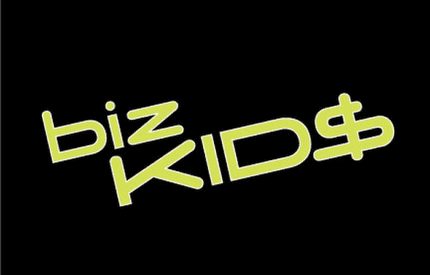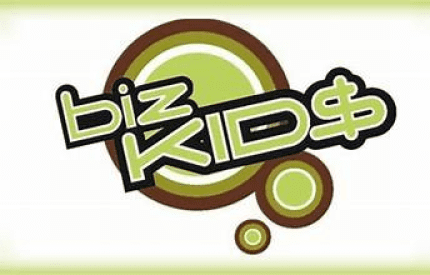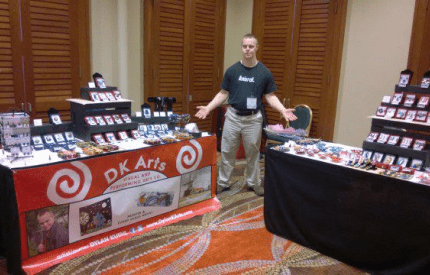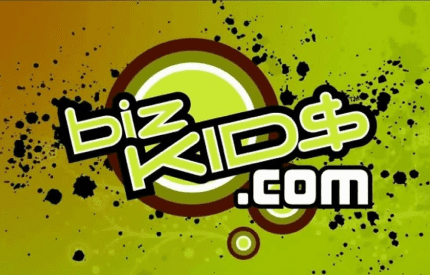In 2006 the average amount spent by consumers on Christmas gifts was $910. In 2007 it was 5% less. What do you think it will be this year?


In 2006 the average amount spent by consumers on Christmas gifts was $910. In 2007 it was 5% less. What do you think it will be this year?

|

‘Blue Screen’ is a common name for a special effects technique. By filming a subject in front of a large blue screen, the editor can later replace the blue screen with any kind of background, to make it appear as if the subject is for example in space, the desert, or on a deserted island. To see how Biz Kid$ uses a blue screen click below:
http://www.youtube.com/watch?v=9osNaXSFxfs&feature=channel_page

Today is election day for the next president of the United States. After months and months of campaigning it is finally over. So what do you think is the pricetag? Click below to find out:
http://uspolitics.about.com/b/2008/10/24/2008-election-price-tag-53-billion.htm

|

Here’s an article on Dylan Kuehl, an artist that was featured in a recent episode of Biz Kid$. Dylan will be travelling to Italy to pefect his craft. Donations are being accepted to defray the cost of travel.
http://www.theolympian.com/southsound/story/598384.html
Check out his website: http://www.dylankarts.com

What’s it like being Miriam on Biz Kid$? Click below to find out.
http://www.youtube.com/watch?v=cjajAcqSPq4&feature=channel_page

So you want that new $2,000 computer and can’t afford it, so you put it on a credit card. What’s the true cost of that computer if you only make the minimum payment to pay it off? (HINT: Double the price, and it will take almost 20 years to pay off!)
Calculate the time and cost of paying off your credit card:

|

Wanna see some stuff not on the show? Check out our YouTube channel:

I just found this cool site by a kid. Not all of the links work – she mostly sells stuff by linking to Amazon.com, and she doesn’t run the biz alone, but its worth checking out:
http://www.kidsroar.biz/kids_roar_home.html
If you are between 8-12, you can try to be a part of the biz team by getting sponsorships to be on the board of advisors for the company. Seriously cool opportunity if you want to see what running a biz is like without all the responsibility – just chillax and see your ideas work – BK Host Devon

There are a lot of things you can spend money on, but do you really need it or just want it? Sorting all that stuff will help you figure out where your money is going and where you can save. Check out the awesome calculator tool that Junior Achievement provides in their tool box:
http://studentcenter.ja.org/aspx/planfinances/Toolbox.aspx
…..it’s in the little side box on the right at the top of the list. You can download it and use it anytime on your computer.